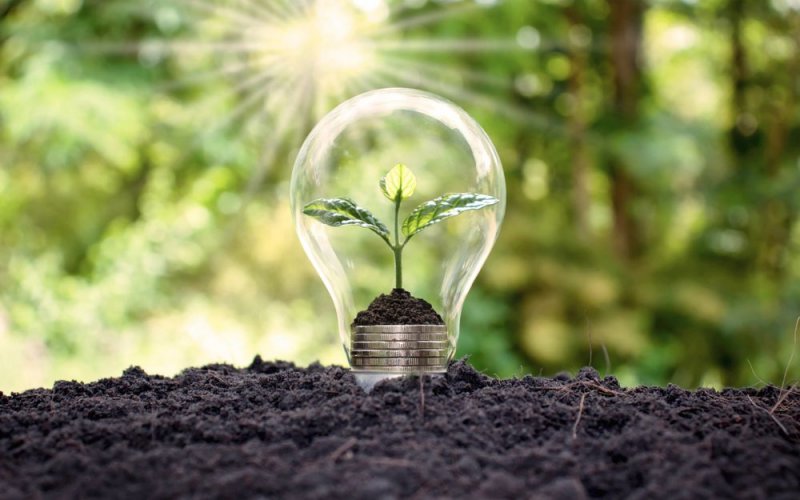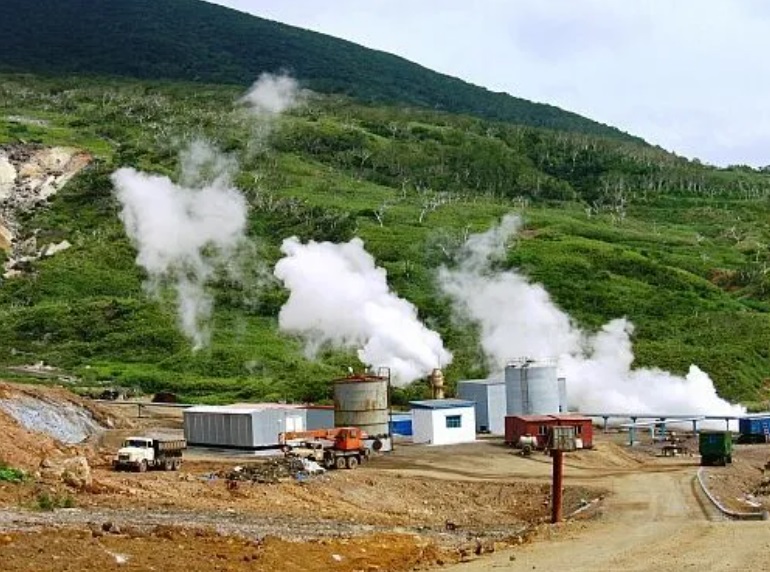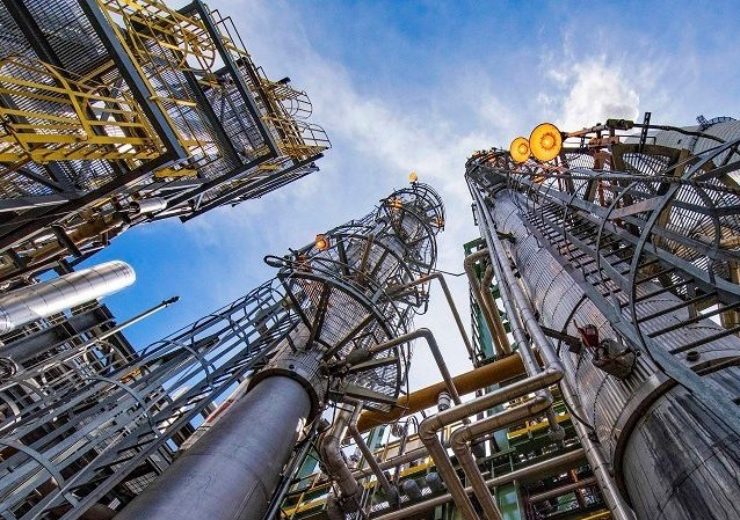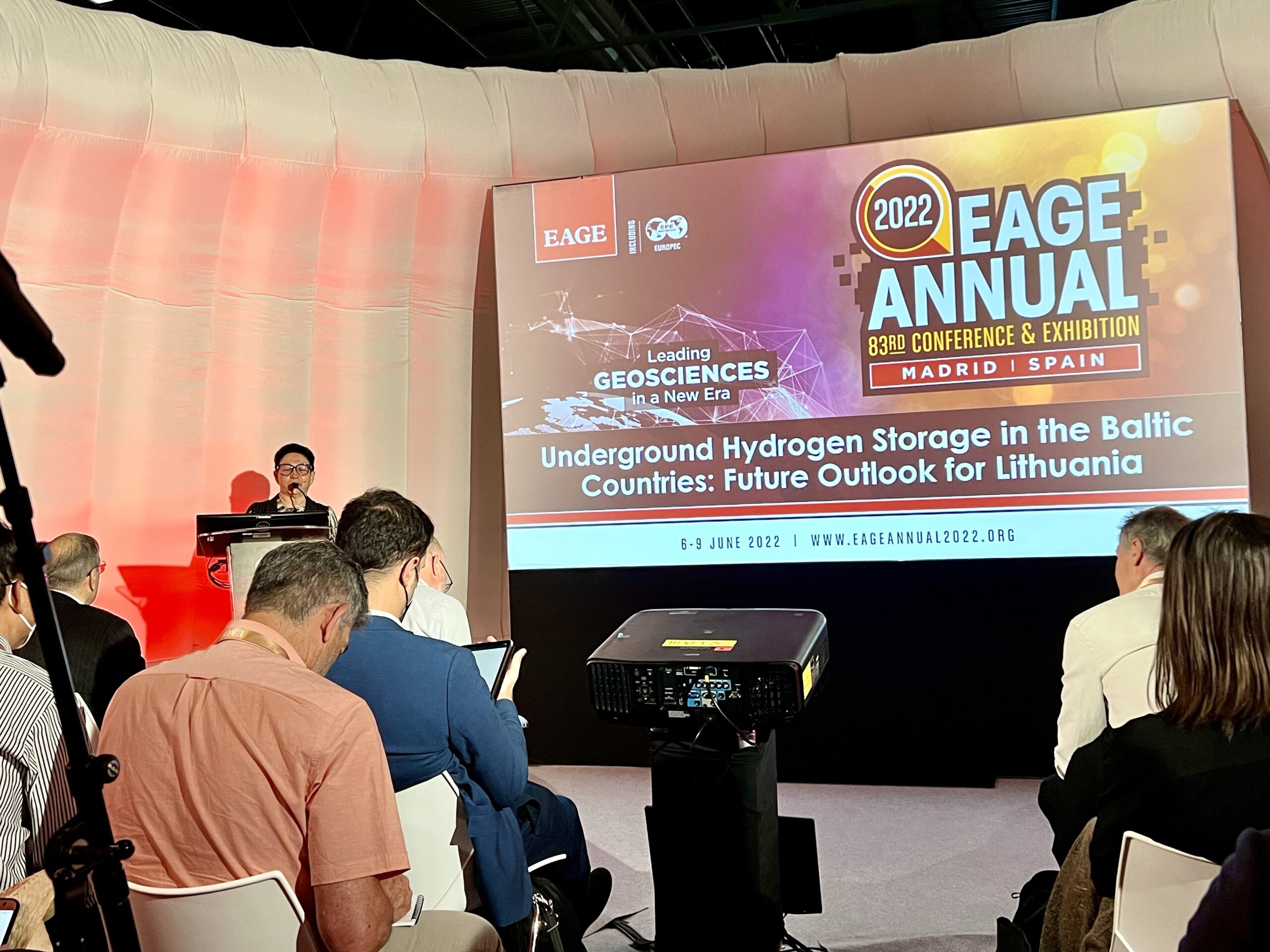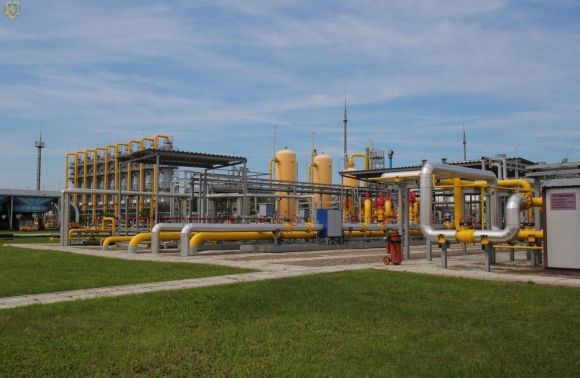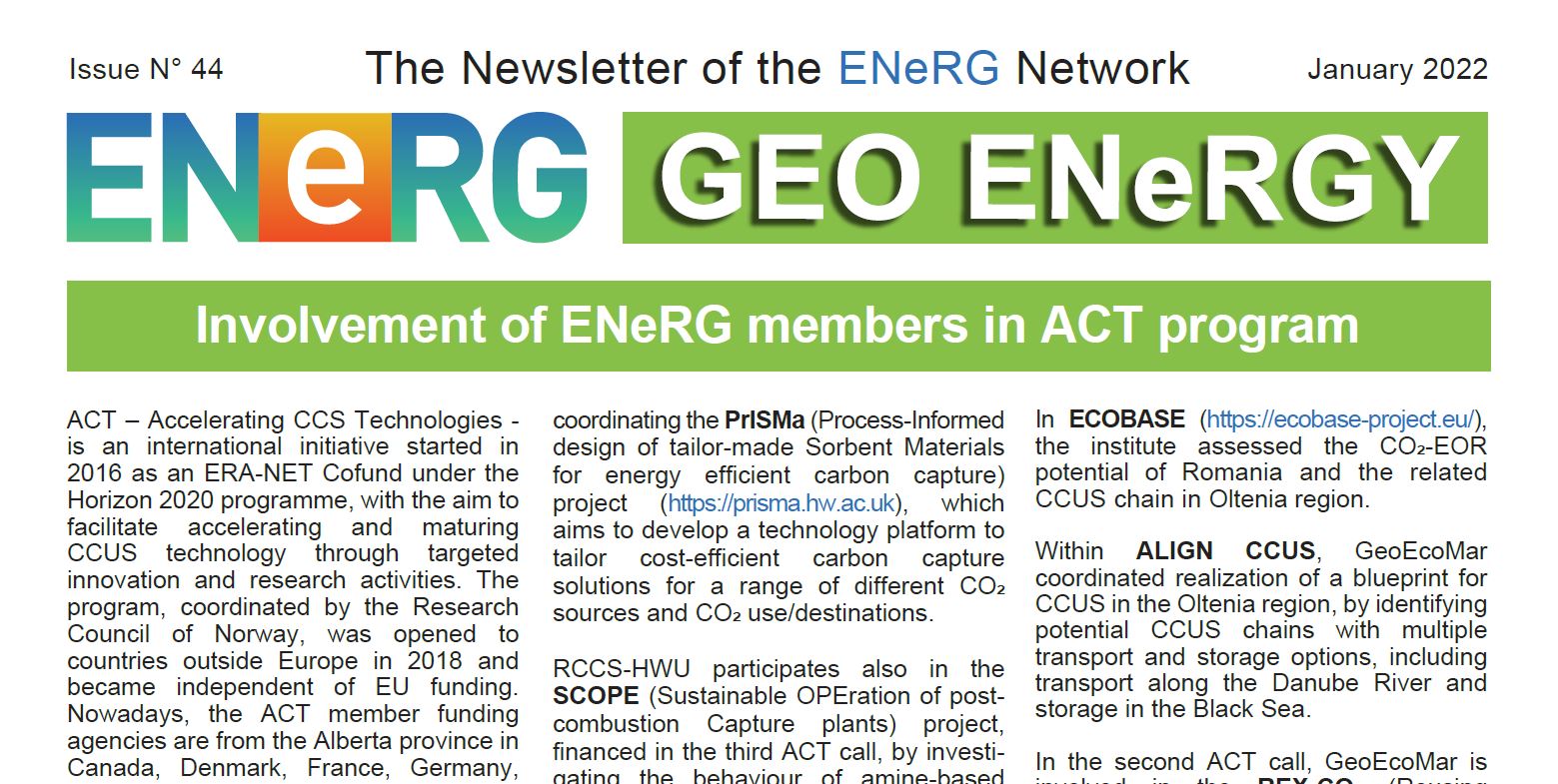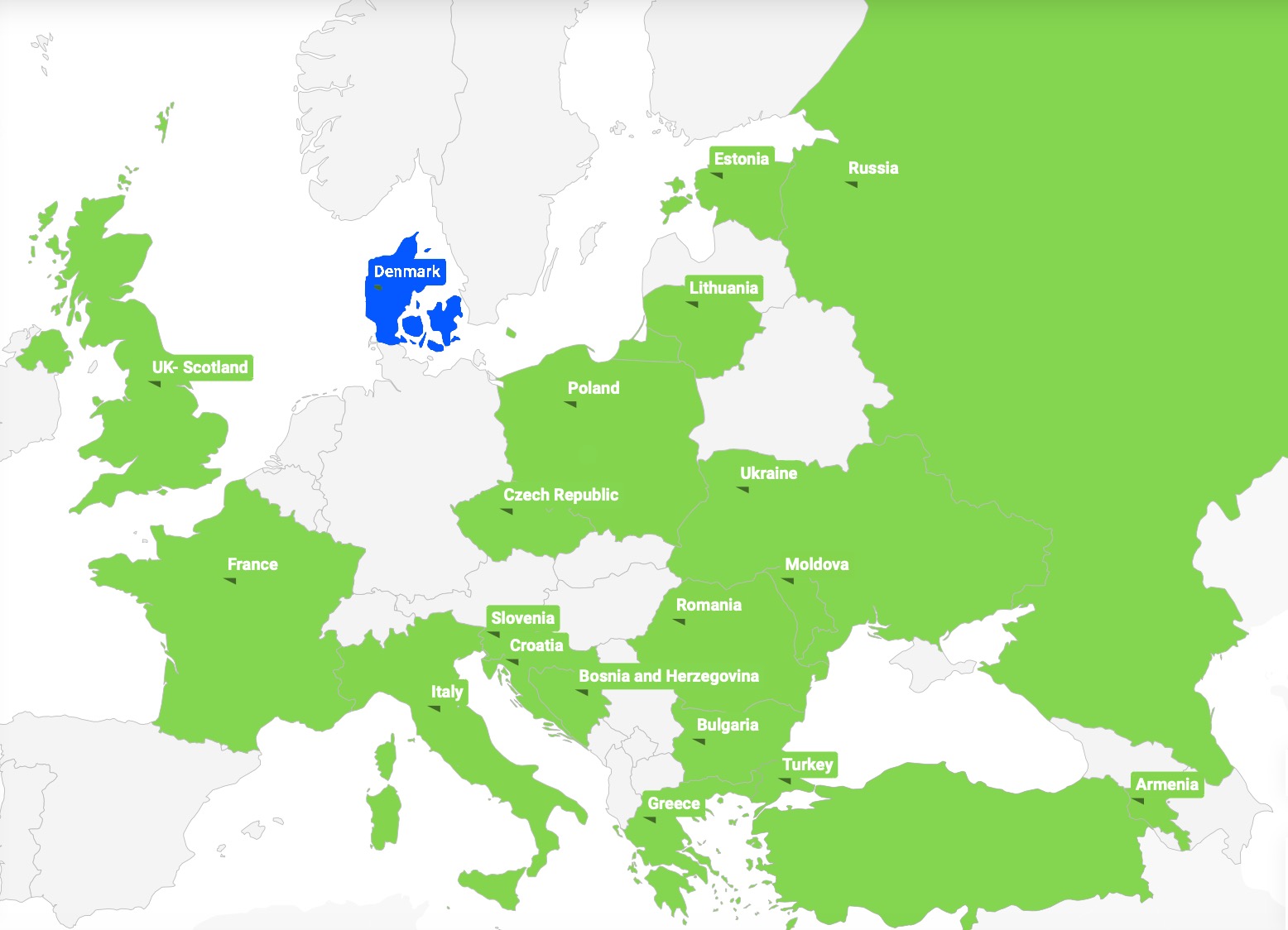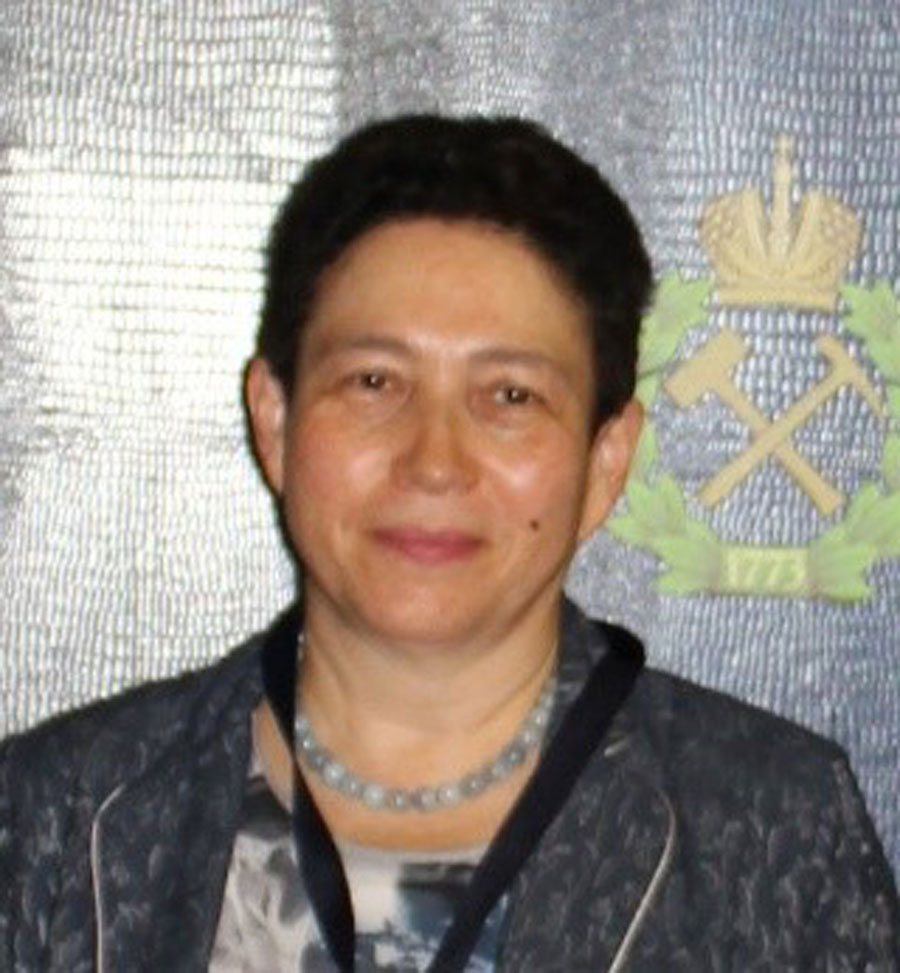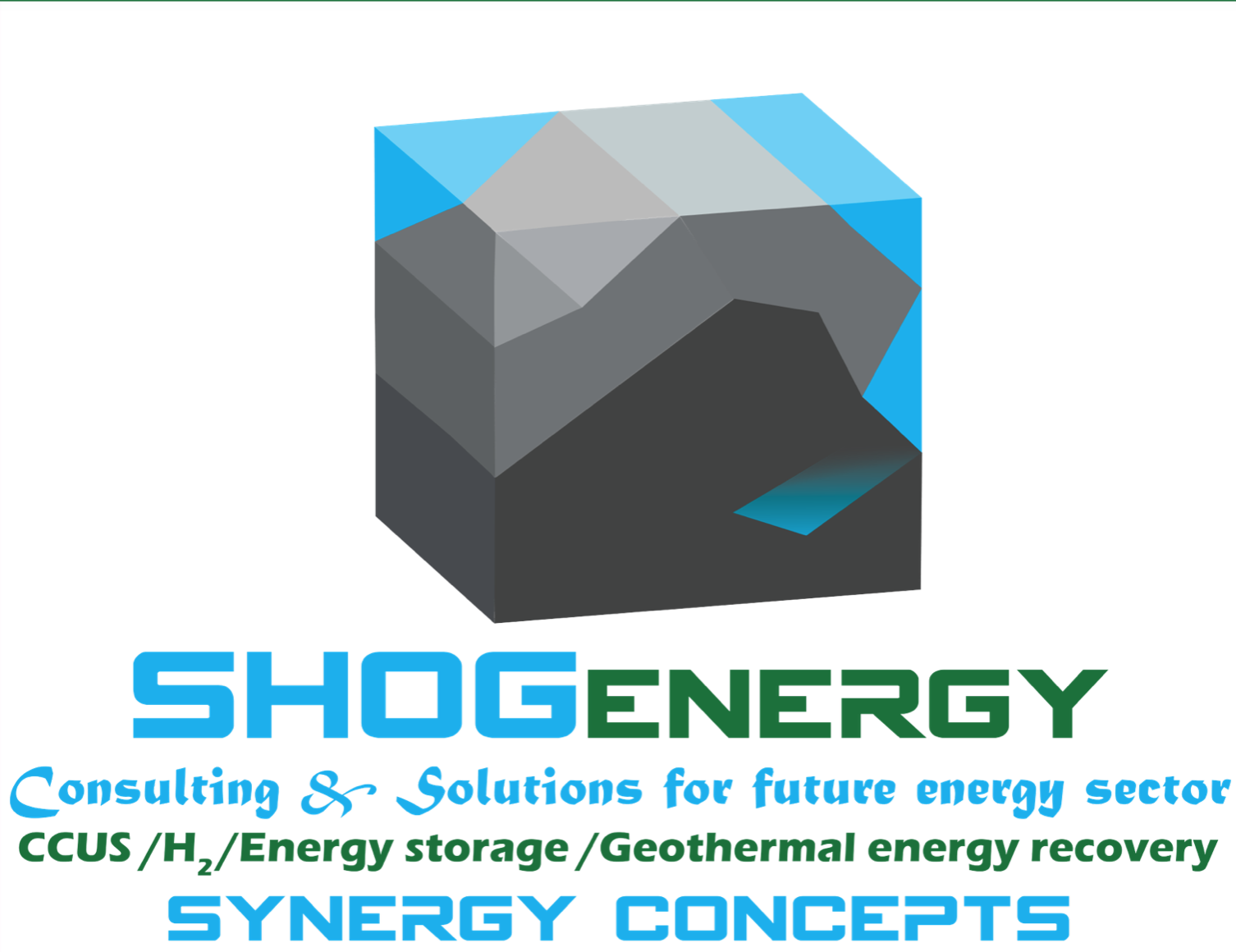Switzerland will help Ukraine in green recovery: the first step has been taken
Switzerland will receive from Ukraine verified results of reducing carbon emissions.
The governments of Ukraine and Switzerland have taken the first step in implementing market mechanisms of the climate agreement, namely signing an agreement on joint climate projects for the green recovery of Ukraine.
It was signed by the head of the Ministry of Environment, Ruslan Strilets, and the Minister of the Environment, Transport, Energy and Communications of Switzerland, Simonetta Sommaruga, during the International Conference on the Reconstruction of Ukraine in Lugano.
Switzerland will invest in public and private projects to reduce greenhouse gas emissions in various spheres of Ukraine’s activity – infrastructure, construction, transport, and energy. Switzerland will receive from Ukraine verified results of reducing carbon emissions into the atmosphere.
Thus, the successful implementation of Article 6 will create new channels of climate finance in Ukraine and incentives for “green” development for Ukrainian businesses.
The implementation agreement of the Paris Agreement between the governments of Ukraine and Switzerland is a good start for the green post-war reconstruction of Ukraine and the achievement of climate goals within the framework of the Paris Agreement.
Link: https://geonews.com.ua/news/detail/ukraina-ta-shvejcariya-domovilisya-pro-71196


